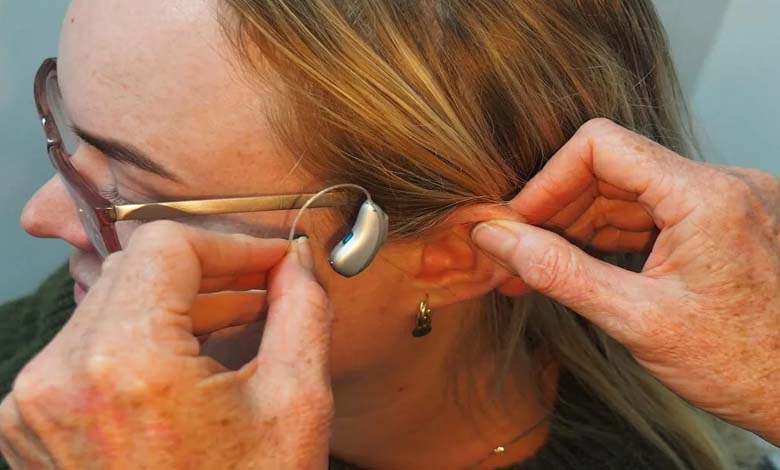Hearing Aids Reduce Loneliness Among the Elderly

Aging is accompanied by numerous challenges, both physical and psychological. One of the most common and underestimated problems among older adults is hearing loss. Approximately one-third of people over 65 and more than half of those over 75 experience some degree of hearing impairment. While often overlooked, this condition has profound effects on quality of life, mental health, and social connections.
Recent studies reveal that hearing aids not only restore the ability to hear, but also significantly reduce feelings of loneliness among seniors, improving their emotional well-being and cognitive health.
-
How Can Your Smartphone Help You Cope with Hearing Loss?
-
Hearing Loss: A Hidden Risk Factor for Heart Failure
Hearing loss: a silent driver of isolation
Age-related hearing loss, or presbycusis, usually develops gradually, making it harder to detect and treat. People often adapt to declining hearing without noticing its impact until social withdrawal becomes pronounced.
This sensory decline results in:
- Difficulty following conversations,
- Frustration in noisy environments,
- Avoidance of social situations,
- A gradual retreat into isolation.
As communication becomes harder, many older adults experience chronic loneliness, a condition strongly linked to depression, cognitive decline, and premature mortality.
-
“See and Hear”: Smart Glasses Help the Hearing-Impaired Avoid Embarrassment
-
“Warning” Symptoms of Dementia That May Appear in the Hands: Learn About Them
Hearing aids: beyond restoring sound
Modern hearing aids are sophisticated devices designed to enhance auditory input across different soundscapes. Yet, their benefits go far beyond better hearing.
Longitudinal research, including a 2020 study in JAMA Otolaryngology–Head & Neck Surgery, confirms that regular hearing aid use significantly reduces loneliness, especially among elderly individuals who live alone or have limited social networks.
Users of hearing aids report:
- Improved understanding in conversations,
- Greater confidence in social settings,
- Enhanced mood and self-esteem.
This translates into restored social engagement and less perceived isolation.
-
3 Warning Signs – How to Detect a Stroke in Minutes
-
The Mysterious Link Between Plastic and Strokes: A Silent Health Crisis
Tangible cognitive and emotional benefits
Loneliness isn’t merely an emotional state — it has measurable effects on brain health. Social isolation is associated with reduced cognitive stimulation and faster age-related cognitive decline.
Encouragingly, researchers have found that hearing aid use:
- Activates key brain areas for communication,
- Slows cognitive deterioration,
- Reduces symptoms of depression and anxiety.
This positions hearing aids as a non-pharmacological intervention with broad therapeutic potential for mental health in aging populations.
-
Sitting for Too Long Is as Harmful as Smoking
-
WHO Warns Against Earphones: One Billion Young People at Risk
Barriers to adoption
Despite these proven benefits, hearing aid adoption remains low. Fewer than 30% of elderly people with hearing loss use them, due to:
- High costs,
- Social stigma surrounding visible devices,
- Denial or downplaying of hearing loss,
- Initial adjustment challenges.
-
To Avoid Fires: Devices You Should Never Plug Into a Power Strip
-
How Does Your Child Learn “Love”?
To address this, public awareness must be raised, health professionals better trained in early detection, and financial access to devices expanded.
Hearing aids are not merely technological devices — they are instruments of social reintegration. By enabling older adults to re-engage in conversations and relationships, they help break isolation, enhance mental health, and improve overall quality of life.
In aging societies, investing in hearing health is investing in dignity, autonomy, and the emotional well-being of our elders.












